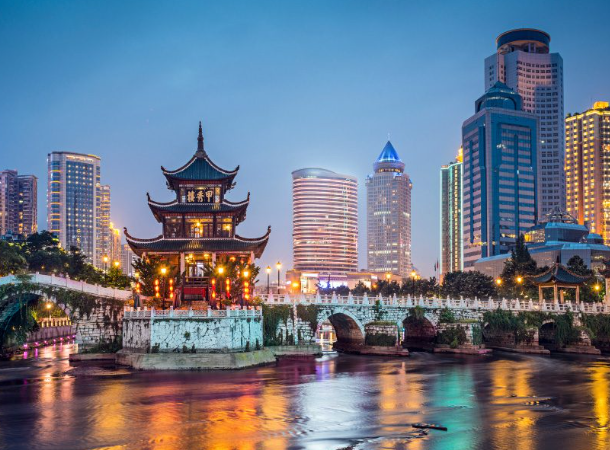$AAPL $TSLA $NVDA
#China #USChinaRelations #SupplyChain #TimCook #Apple #GlobalTrade #TechStocks #Tariffs #Economy #Innovation #Business #Geopolitics
A number of high-profile U.S. executives, including Apple CEO Tim Cook, are in China this week to attend the country’s second annual international supply chain expo. The event, hosted by China, is intended to showcase its resilience and role as the world’s factory hub despite challenges from geopolitical tensions and global economic shifts. The participation of Tim Cook, alongside other American corporate leaders, underscores the interdependence of U.S.-China trade relations, especially for industries like technology, which rely heavily on China’s manufacturing infrastructure. Cook’s attendance could be seen as a sign of commitment to the region, particularly as Apple faces increasing pressure to diversify its supply chain.
Apple, which relies on China for both production and a significant chunk of its revenue, finds itself in a precarious situation as trade tensions mount. Specifically, former President Trump has recently reignited the conversation around tariffs on Chinese goods, a move that could lead to retaliatory measures by Beijing. Should tariffs be implemented, Apple’s supply chain costs might rise substantially, potentially squeezing margins on major products like the iPhone. Additionally, analysts have noted that higher tariffs could force Apple to pass these costs onto consumers, risking lower sales volumes both in China and globally. Investors in $AAPL are likely assessing these risks closely, as these geopolitical events could greatly impact Apple’s market performance in the coming months.
Tim Cook’s presence at the expo has broader implications for U.S.-China relations in the business world. Apple, which symbolizes American innovation and capitalism, serves as a case study of how closely entangled the two countries are despite political tensions. Many experts believe these trade shows are China’s way of promoting initiatives to allay concerns around its supply chain vulnerabilities. Simultaneously, U.S. executives are likely looking for reassuring signals from Chinese officials regarding regulatory stability and government policies that could impact their operations. Notably, other prominent companies like Tesla and Nvidia, whose operations are also deeply reliant on China, share similar concerns amid the current atmosphere of uncertainty. Both $TSLA and $NVDA stocks are also sensitive to similar risks, given that China is crucial to their expansion plans in EVs and semiconductors, respectively.
The timing of this expo is pivotal. With Beijing looking to solidify its role in global trade, the showcasing of top American executives signals that China remains focused on maintaining ties with major corporations, even as political divides deepen. For corporations, participating in this event may allow them to influence decision-making in what continues to be one of the world’s largest markets. Nevertheless, the looming threat of tariffs and growing calls for supply chain diversification could lead to accelerated moves by U.S. companies to reduce their overdependence on China. While this strategy makes long-term sense for risk management, it could create short-term disruptions for companies like Apple as they navigate shifting production hubs. With global markets keeping close tabs on U.S.-China developments, particularly in the technology and manufacturing sectors, investors should brace for heightened volatility in related equities, including $AAPL, $TSLA, and $NVDA.







Comments are closed.